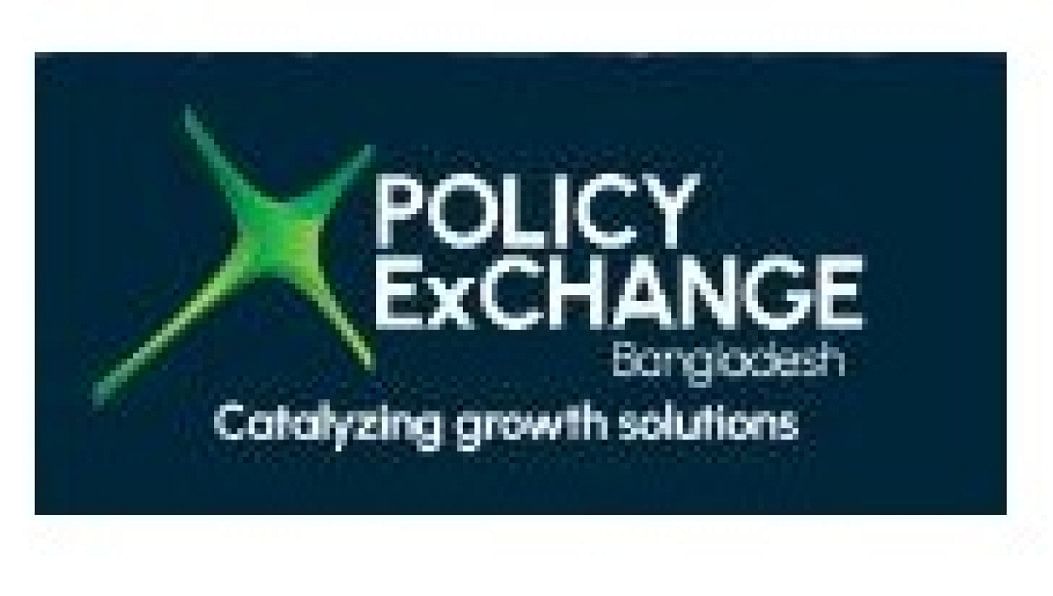Frequent changes to tax policies hurt business climate

Frequent changes in tax policies and high effective tax rates are undermining the business climate and discouraging future investments, businesspeople said yesterday.
They also identified complex tax procedures and a lack of automation as key barriers to business expansion.
The concerns were raised at a discussion titled "Navigating Tax Policy Frameworks: Impact and Priorities for Critical Sectors," organised by the Policy Exchange of Bangladesh (PEB) at the Pan Pacific Sonargaon Dhaka in the capital.
"Our marginal tax rate is 25 percent, yet our effective tax rate ultimately stands at 35 to 40 percent," said Debabrata Roy Chowdhury, company secretary of Nestle Bangladesh.
Such a high effective tax rate is a crucial factor in making investment decisions, he added.
He also blamed policy inconsistency for hurting businesses, citing the sudden change of the Harmonized System (HS) code, which is a six-digit code that identifies products for import and export.
"The sudden change in the duty rate puts the entire investment at risk," he said.
Echoing similar concerns, Kamran T Rahman, president of the Metropolitan Chamber of Commerce and Industry, said, "Simplification of documentation is much needed to ensure a better business climate.
"With LDC graduation approaching, restructuring the tax policy could be key to boosting Bangladesh's industrial competitiveness."
Despite recent corporate tax rate cuts across private, public, and banking sectors, complex documentation requirements keep the effective tax burden high, Rahman said.
"A fully automated VAT and customs process will eliminate manual interventions, reduce processing times, and lower business costs," he said.
Ahsan Khan Chowdhury, chairman of Pran-RFL Group, said, "A consultative approach with stakeholders can help the NBR collect more revenue from consumers."
Iqbal Chowdhury, CEO of LafargeHolcim Bangladesh Limited, emphasised the need for automation and the establishment of a research wing within the NBR.
"There should be dedicated research to gain a proper understanding of the entire industry," he said.
Md Ariful Haque, director general of the Bangladesh Investment Development Authority, noted that foreign investors seek predictable tax policies.
Speaking as the chief guest, NBR Chairman Md Abdur Rahman Khan acknowledged that governance remains a critical issue in Bangladesh.
"So, governance is the key factor that will drive our effectiveness and efficiency, and that is where we want to focus."
Khan further acknowledged the lack of fairness in tax collection.
"In many cases, we are not doing justice to our taxpayers. Tax collection should not be solely revenue target-based," he said.
"Customs, in particular, should serve as a point of trade facilitation rather than being a primary tool for resource mobilisation based on revenue targets."
Monisha Abraham, managing director of British American Tobacco, Paul Holloway, managing director of Japan Tobacco International, and Mahtab Uddin Ahmed, president of the Institute of Cost and Management Accountants of Bangladesh, also spoke at the event.
M Masrur Reaz, chairman of the PEB, moderated the discussion.

 For all latest news, follow The Daily Star's Google News channel.
For all latest news, follow The Daily Star's Google News channel. 



Comments